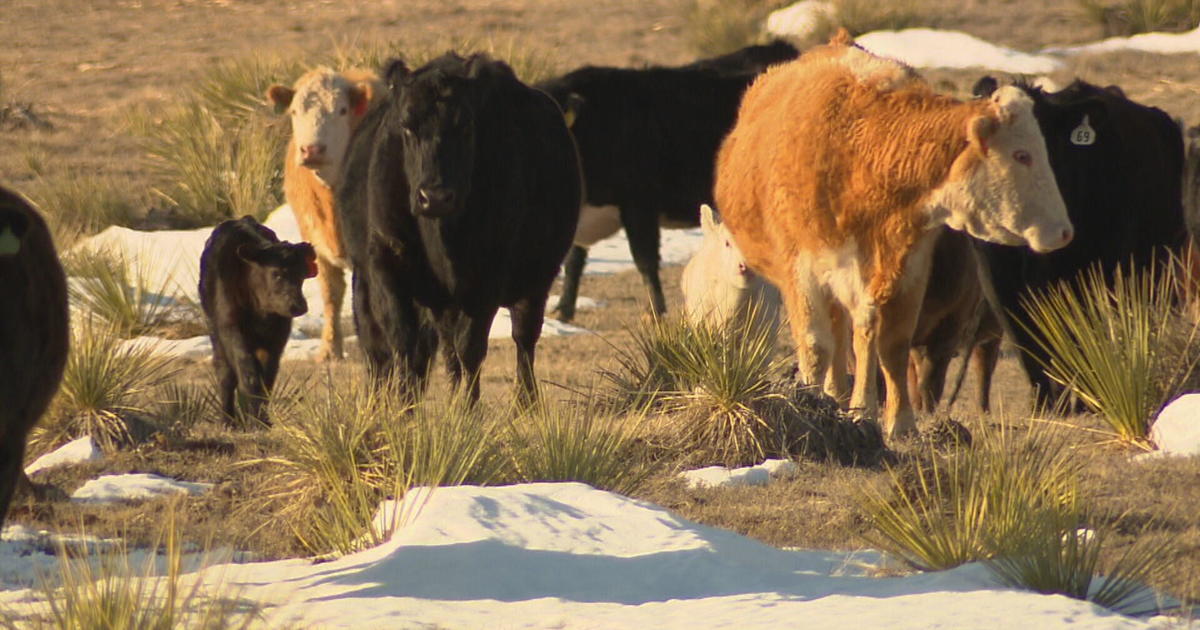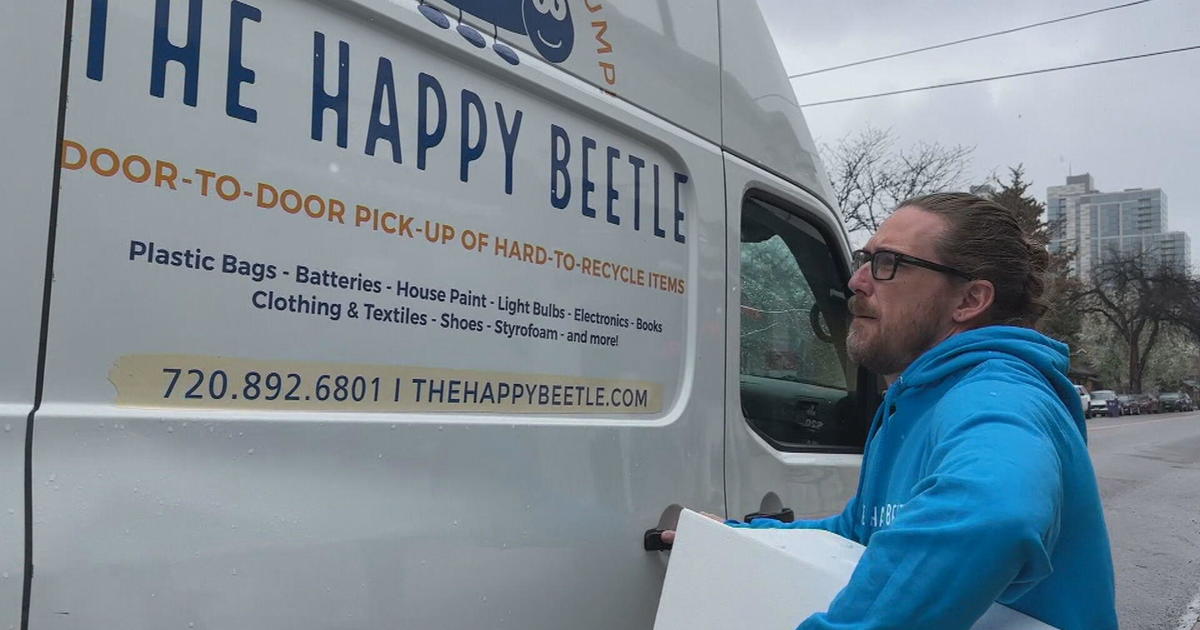Ranchers Sought To Help Save Black-Footed Ferret
DENVER (AP) - Wildlife officials working to save the endangered black-footed ferret are trying to persuade more western ranchers and farmers to reintroduce the species on their private land.
Yet cattlemen are divided on whether a proposal to encourage them to do so should be finalized. For one thing, saving the black-footed ferret means also saving the animal's main diet: prairie dogs, which can compete with livestock for forage.
The public has until Feb. 22 to comment on a draft of the safe harbor program proposed by the U.S. Fish and Wildlife Service. It would assure landowners and tribes who voluntarily agree to have ferrets reintroduced to their land that they wouldn't face future regulatory restrictions for protecting the species. Participating farmers, ranchers and their neighbors could keep working on their properties without fear of penalties if a ferret is accidentally killed by a farm dog or farming equipment.
"You can't go out and trap one for its fur or put one in your rifle scope, but you can work your land, and if one is incidentally killed, you won't be in any kind of trouble," said Pete Gober, black-footed ferret recovery coordinator for Fish and Wildlife.
The proposed relaxed regulation is just one part of the plan for helping black-footed ferrets survive in the wild.
There's also the potential for financial aid to help maintain healthy prairie dog populations and save ferrets. Specifics have yet to be determined.
The species was thought to be extinct until a rancher's dog found a ferret near remote Meeteetse, Wyo., in 1981. Thousands of ferrets have been bred in captivity since then, and there are now an estimated 500 or so in the wild. Wildlife officials hope to build the wild population to 3,000 in the next decade to get it off the endangered species list.
In particular, wildlife officials are looking for landowners with, ideally, at least 2,000 acres of prairie dog habitat in Arizona, Colorado, Kansas, Montana, Nebraska, New Mexico, North Dakota, Oklahoma, South Dakota, Texas, Utah and Wyoming. That amount of land is what would be needed to sustain about 30 breeding adult black-footed ferrets.
Gary Walker, whose family has a cattle ranch near Pueblo, Colo., has expressed willingness to volunteer for the safe harbor program if he can keep operating the way he wants, partly because ferrets could help control the prairie dogs on his land.
Yet others have expressed concerns about prairie dogs escaping from participants' property onto land of unwilling neighbors. In a previous ferret reintroduction in Kansas, Logan County balked at limits on poisoning prairie dogs.
This month, a resolution in the Kansas legislature was introduced opposing the proposed safe harbor program. The Kansas Farm Bureau supported it.
Gober acknowledged there's a perception that endangered species regulations might cause "hiccups" in operations of ranchers and farmers. Yet he said prairie dogs are only needed on a small percentage of potential habitat in order to keep 3,000 adult black-footed ferrets alive.
"We're not talking about covering the world with prairie dogs again," Gober said.
Colorado Parks and Wildlife private lands program manager Ken Morgan said a past reintroduction of ferrets in northwest Colorado didn't do well because of plague that killed off prairie dogs. Yet testing has begun on a vaccine for sylvatic plague, and he said there are at least a few western ranchers open to helping species survive.
"If you told me 20 years ago that we had a chance in recovering the black-footed ferret, I'm not sure I would've believed it," said former National Wildlife Federation regional director Tom Dougherty, who worked for years to help the animals. "Now, I actually think we're on the threshold of recovering the species."
LINK: Black-Footed Ferret Recovery Program
- By Catherine Tsai, AP Writer
(© Copyright 2013 The Associated Press. All Rights Reserved. This material may not be published, broadcast, rewritten or redistributed.)



